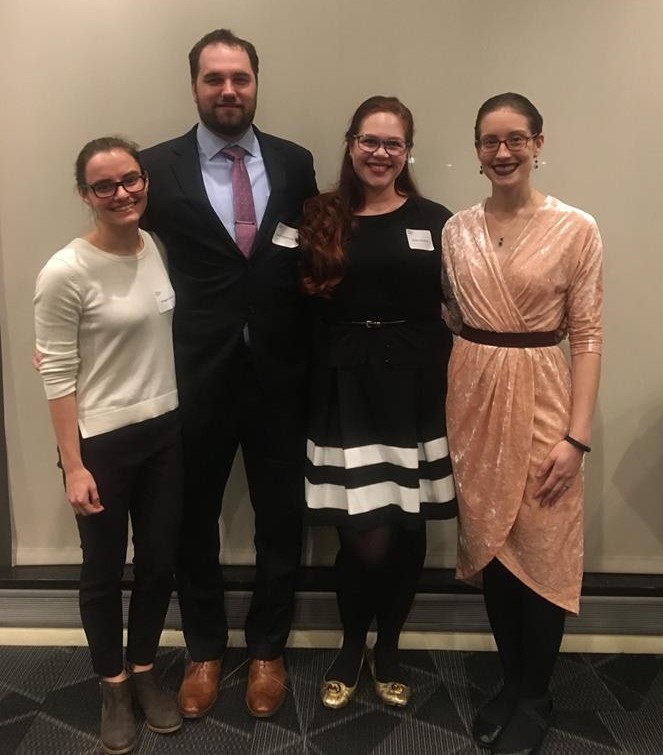Justice and Advocacy for Health in Tennessee
Justice and Advocacy for Health in Tennessee
On a cold morning in February, over fifty medical students from schools across the state congregated in Light Hall, ready to learn new advocacy skills and workshop solutions to health problems in Tennessee. The introductory speaker, Josh Cockroft (VUSM M4) clarified the goal of the symposium, titled “Justice and Advocacy for Health in Tennessee,” organized by the Gold Humanism Honor Societies from Vanderbilt University (including Maggie Axelrod MSTP G1 and Kelli Money MSTP M4), University of Tennessee, East Tennessee State University, and Meharry Medical College.
This was not intended to be a typical conference, one where the participants leave only feeling accomplished for their attendance. Attendees were presented with health problems facing West, Middle, and East Tennessee in the morning, and were challenged to come up with a strategy to address them in the afternoon.
The remainder of the morning was filled with “Gold Mining” sessions with advocates for improving health care in Tennessee. Vanderbilt’s Dr. Sheryl Fleisch explained the impact of the Street Psychiatry Program. Jacy Warrell of the Tennessee Health Care Campaign discussed how the organization advocates for better health care. Dr. Marty Olsen, an Obstetrician/Gynecologist in East Tennessee, shared what motivated him to run for Congress. There were also sessions on advocating for LGBTQ populations, promoting an active lifestyle for pediatric patients, and utilizing the Meharry-Vanderbilt Community Engaged Research Core.
The keynote address, by Vanderbilt orthopedic surgeon Dr. Manny Sethi of Healthy Tennessee, provided a unique perspective on the role of health care providers — including medical students! — in affecting change by calling their legislators, participating on day on the hill, and acting to fix problems they see instead of just talking about them.
After lunch, attendees regrouped to tackle a pressing concern currently facing each region of Tennessee and come up with viable, actionable solutions. The West Tennessee group focused on the high infant mortality rate in Shelby County compared to the rest of the state — and the country — with a special focus on the deleterious impact of racism on maternal and infant health outcomes. They aimed to keep mothers healthy by creating general and pregnancy health peer groups to foster community and promote healthy behaviors among participants. The Middle Tennessee group considered the impact of the possible closure of inpatient care at Nashville General Hospital on health for uninsured and underinsured patients in Nashville. Their plan, which they hoped to share with the Nashville Metro Council, included three phases — fact-finding, contingency planning, and implementation. The East Tennessee group targeted opioid misuse and abuse in rural eastern Tennessee. Their strategy aimed to provide patients with education on how to best dispose of prescribed opioids such that the medications are not at risk of misuse or abuse by patients, their families, or their friends — a concern that patients express to physicians who practice in East Tennessee.
After a day discussing advocacy and considering strategies to address some of the many issues that Tennessee faces, it was clear that this was a different type of conference. What remains to be seen is whether the energy and drive present throughout the day will leave the confines of Light Hall and drive change to improve health across Tennessee.

Maggie Axelrod (G1), Jacob VanHouten (M4), Kelsey McNew (G1), and Kelli Money (M4) are a few of the Vanderbilt MSTP students in the Gold Humanism Honor Society.